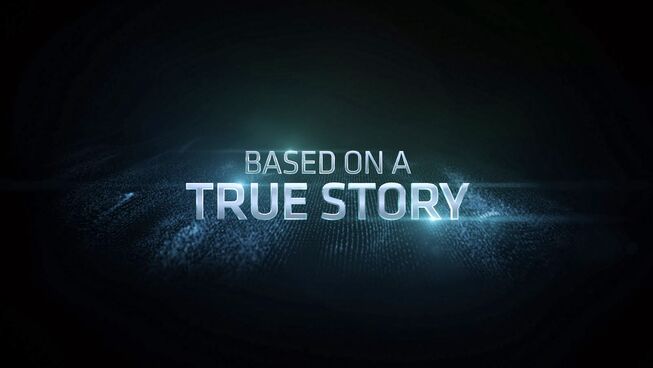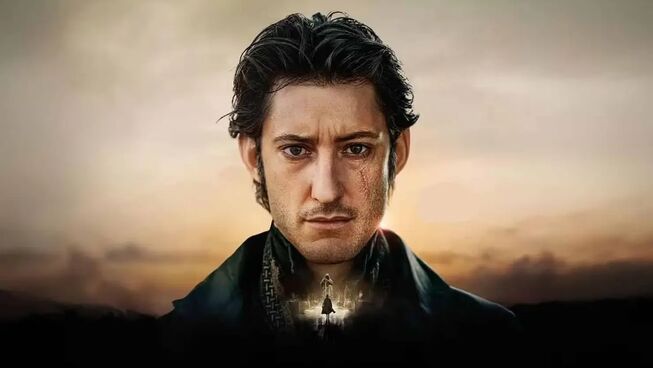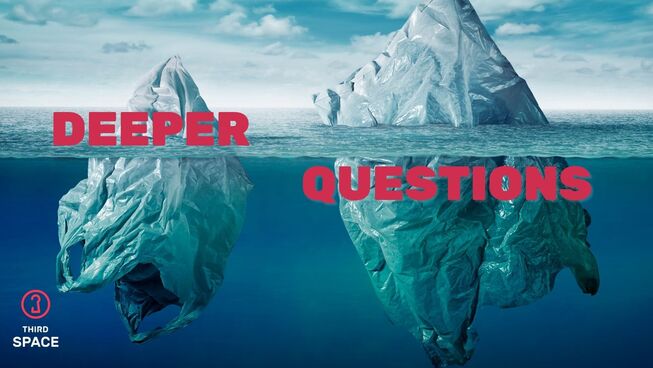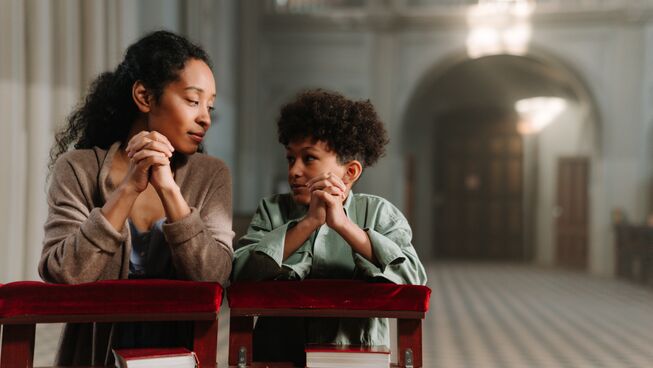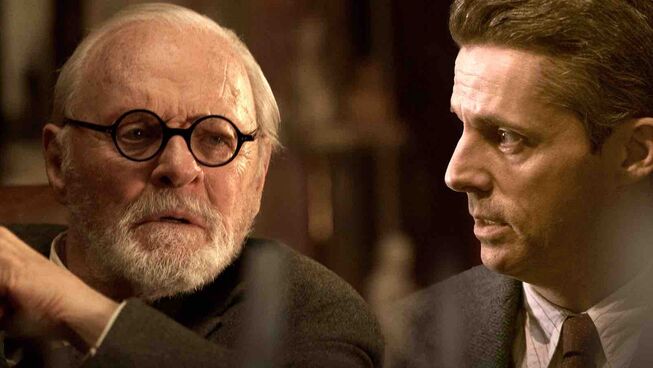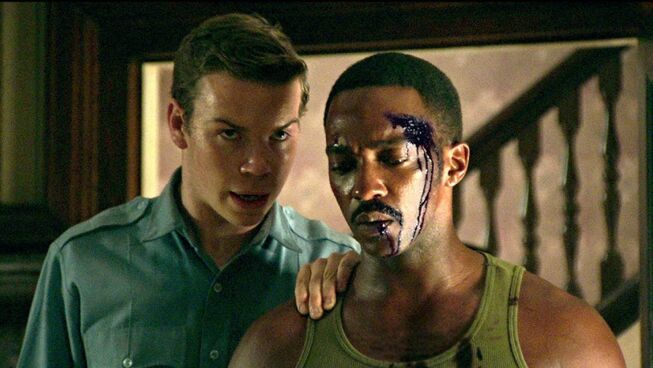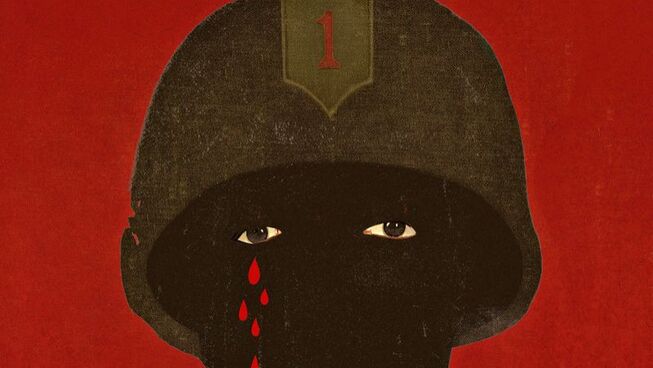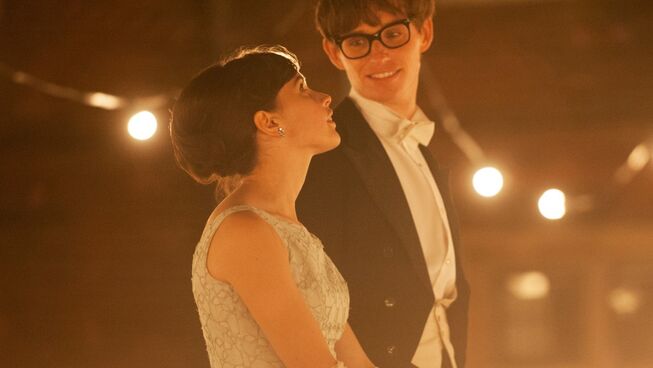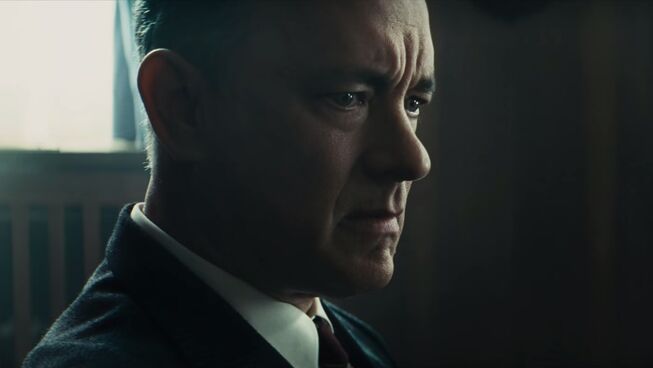The Trial of the Chicago 7
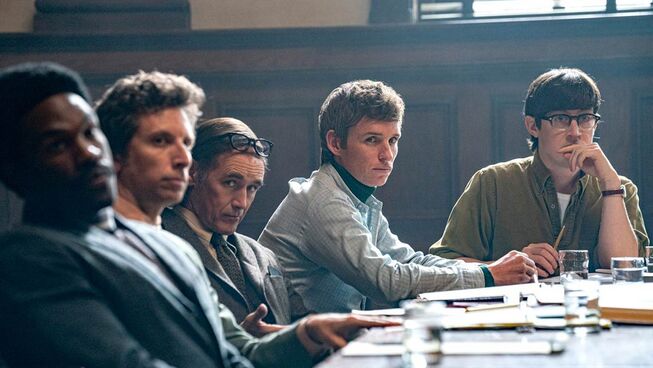
4.5 out of 5 stars
Aaron Sorkin (Molly’s Game) has had the script in his desk drawer since 2007 and he had originally pitched it for Steven Spielberg to direct the film. As with so many scripts in Hollywood, his work remained locked away for over a decade. In that time, Sorkin went from being one of the most recognised writers in the industry to taking a turn in the director’s chair. The writer of The Social Network and The West Wing was given the reins of this project of one of the most theatrical and politically charged trials during the tumultuous 1960s.
During the Democratic Party Convention in 1968, various activists came together to protest the Vietnam war amongst other things in Chicago. Even though the protests had been designated as non-violent, things escalated quickly between the protestors and the local police force. Thousands of people marched under the banners of the Students for a Democratic Society, The Black Panthers and Abbie Hoffman (Sacha Baron Cohen) and Jerry Rubin’s (Jeremy Strong) Yippies movement. Eventually, they were confronted by the Chicago Police Department and the National Guard. These altercations led to multiple injuries and the eventual arrest of the infamous men who were tried for the events under an obscure federal law of conspiracy.
Attorney Richard Schultz (Joseph Gordon-Levitt) headed up the prosecution and built a case that was loaded with evidence from informants who had infiltrated the ranks of the protestors. While on the side of the defence was attorney, William Kuntsler (Mark Rylance). A man who had the daunting task of keeping his energetic and verbal clients under control while battling a biased judge and public. Hoffman and Rubin added spice and humour to the proceedings while Tom Hayden (Eddie Redmayne) was trying his best to keep the men from going to jail. Especially Bobby Seale (Yahya Abdul-Mateen II) of the Black Panthers. The man who was not directly associated with the rest of the protestors and did not have any legal counsel for the trial. Things went from bizarre to ridiculous to inhuman throughout the months that passed and the harsh realities of truth being stranger than fiction proved to be the case with this catastrophic series of events.
To see the film and then to study the actual court documents made this experience even more captivating, because Sorkin stays relatively close to the actual events. He does take some artistic license with the conclusion and a few minor details, but the majority of the story plays out fairly close to the historical records about the trial. Instead of merely depicting the courtroom proceedings, the award-winning writer manages to utilise flashback elements to keep the whole story moving forward engagingly. People could argue that Sorkin’s approach was a bit one-sided, but overall it does manage to encapsulate the era and the changing times of that decade. As his sophomore excursion as director, Aaron seems to be getting his feet as a dual-threat behind the camera.
To complement the excellence behind the scenes was the casting combination that made this film work. Each of the actors manages to embody their role and provide a superb atmosphere for communicating the complex and emotional story. Cohen, Redmayne, Rylance, Abdul-Mateen, Strong and Gordon-Levitt all have their stand out moments, but they never seem to overshadow the performances of the rest of the cast. Even though it has to be said that Micheal Keaton’s cameo as former Attorney General Ramsey Clarke is a highlight that is worth waiting to see. The only thing that could be said about each of these characters is that it will leave people desiring to know more about each of them. The production does manage to remain close to the original events and show how compelling this trial continues to be 50 years after the fact.
Regardless of the political preferences of the viewing audience, this is one of the best films to come along this year. It proves that there is nothing new under the sun because the similarities to modern events are uncanny. This will be a film that will get people talking about the importance of an effective justice system. Also, how it is always worth evaluating how we treat our fellow human beings.
REEL DIALOGUE: Can something positive come out of injustice?
Aaron Sorkin manages to weave together a story that exposes the flaws on both sides of the protests in Chicago in 1968. Even though we can see the ridiculous nature of this trial, it still shows that justice is worth seeking out in this life.
Strangely, the writer/director manages to show that beauty can be found in injustice and suffering. An unfortunate and raw depiction of how life was lived out in the United States during this transitional time in history. This is something that could also be said of the heart of the good news of the story of the life and death of Jesus.
Jesus' story is one of tragic beginnings and a horrific end, but throughout the journey of his short time on earth this tale of potential woe does contain a certain beauty and offers hope to the world. His death is a symbol of joy everlasting for many and his life continues to provide an overwhelming expectation of what is to be.
If you see your life as having little hope or joy, it may be a good time to check out the story of Jesus. Jesus offers people hope in a forever that goes beyond your wildest dreams. The world Jesus opens to us goes far beyond the imagination of Aaron Sorkin.
Check it out for yourself today: Jesus' story told by Luke


